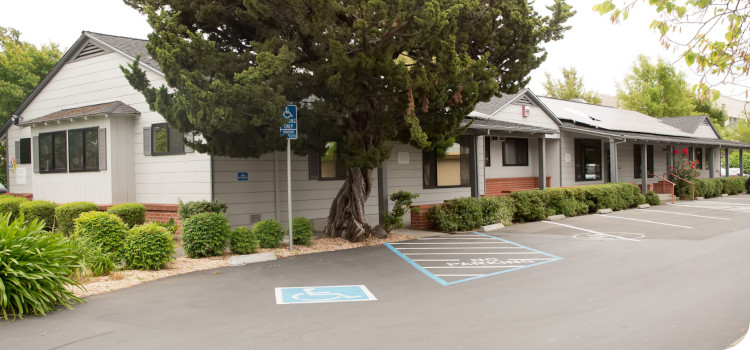 For many common oral health problems, the visible impacts they have on your smile are limited in their earliest stages. It’s the more severe phases of oral health concerns that can begin to have noticeable impacts on the appearance of your smile, facial structures, and more. Depending on the nature of your oral health concern, that may include the integrity and appearance of your jawbone structure, which serves as the foundation of your smile as much as the supportive base for many of your facial features. Sometimes, a chronic concern like extensive periodontal disease or the sustained loss of stimulation due to one or more missing teeth roots can have a significantly negative impact on this foundation. Today, we explore how by examining the ways in which periodontal disease and tooth loss can cause your jawbone to grow weaker over time.
For many common oral health problems, the visible impacts they have on your smile are limited in their earliest stages. It’s the more severe phases of oral health concerns that can begin to have noticeable impacts on the appearance of your smile, facial structures, and more. Depending on the nature of your oral health concern, that may include the integrity and appearance of your jawbone structure, which serves as the foundation of your smile as much as the supportive base for many of your facial features. Sometimes, a chronic concern like extensive periodontal disease or the sustained loss of stimulation due to one or more missing teeth roots can have a significantly negative impact on this foundation. Today, we explore how by examining the ways in which periodontal disease and tooth loss can cause your jawbone to grow weaker over time.
Severe periodontal disease erodes it
Severe periodontal disease, or gum disease, is a chronic condition that starts by eroding the periodontal tissues (gums) that cover your teeth roots. If not addressed, the disease will systematically destroy these tissues and the ligaments that hold your teeth roots steady within their sockets (in your jawbone). As it progresses further, it can lead to the loss of one or more teeth due to the extensiveness of this erosion. In severe cases, it will continue to erode the jawbone structure surrounding the tooth root, and beyond. This chronic jawbone erosion is the reason why severe periodontal disease is the leading cause of adult tooth loss. It’s also a significant factor in the gradual loss of mass and density that can occur after you’ve lost one or more teeth to it.
The loss of stimulation atrophies it
Your jawbone has an intricate relationship with the teeth roots that rest in its sockets. To sustain your teeth, your jawbone supplies them with vital minerals and nutrients through the canals in their roots. To support this flow, your teeth roots stimulate your jawbone structure every time you bite and chew. That stimulation tells your body that there are so many teeth within your jawbone structure that require minerals and nutrients, along with the jawbone structure itself. When a root is lost, your body marks the diminished stimulation and responds to it by redistributing its minerals and nutrients elsewhere. This can cause your jawbone to lose mass and density over time, growing weaker and shrinking as the bone structure resorbs itself.
Learn how to strengthen a weak jawbone
Whether it’s to correct your facial appearance, reestablish proper bite function, and/or prepare for dental implant placement, corrective jaw surgery may help fortify and strengthen your smile’s foundation. To learn more, or to schedule a consultation, call Santa Rosa Oral Surgery in Santa Rosa, CA, today at 707-545-4625.

